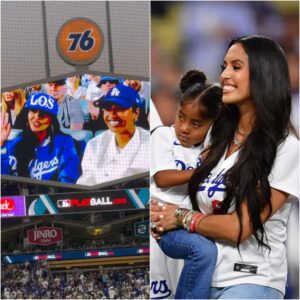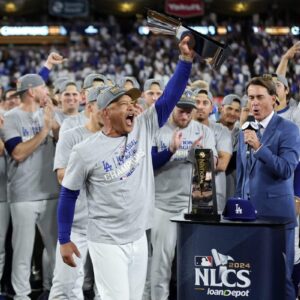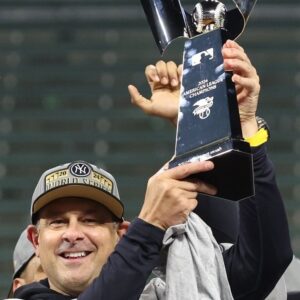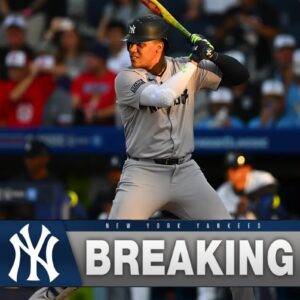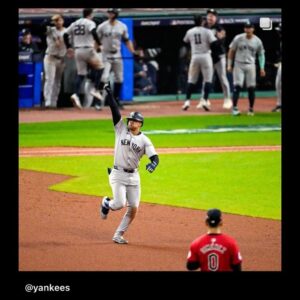
Though the Boston Red Sox season didn’t end the way anybody had hoped, they established a bit of a building block to work with for 2025 and beyond. And that starts with a number of their promising young players.
Despite his shortcomings, Ceddanne Rafaela had a very successful rookie campaign for the Red Sox. Rafaela brought much-needed stability to Boston’s struggling defense, sporting an OAA of 5 and DRS of 12 in 634.1 innings in the outfield.
Despite his successes, though, Rafaela struggled at shortstop as he accumulated a -2 DRS and a -7 OAA in 647 innings.
Similar to his glove, Rafaela had an up-and-down 2024 when it came to his bat. Along with his poor 82 OPS+ and 79 wRC+, Rafaela also had issues with strikeouts, whiffing at a 26.4% clip. However, despite these poor metrics, Rafaela still managed to be a productive hitter, as among AL Rookies, he finished in the top five for hits, doubles, home runs, extra-base hits, and RBI (in which he finished in first with 75.)
Overall, Bleacher Report’s B- grade is harsh for Rafaela. While his struggles at shortstop were apparent, it is important to mention that it’s not his primary position. Injuries to Trevor Story ultimately led to his extended stay in the infield. Of course, this is not meant to excuse his poor performance — it’s just to provide much-needed context for why he struggled so mightily in that role. Perhaps a “B+” grade better reflects his season, as, when given the chance to play in his natural center field position, he was able to put up Gold Glove-quality performances. This is also much of the same with his bat, as along with finishing within the top five in several offensive categories, Rafaela also had 61 RBI as the Sox’s No. 9 hitter, tying him with Jason Varitek for the most in Red Sox history. Not bad for a defense-first player.
In addition to Rafaela, Wilyer Abreu also had an auspicious start to his big-league career, putting up great numbers on both sides of the ball. For starters, Abreu logged a DRS of 17 and an OAA of 7 in 960.1 innings, metrics that saw him finish in the top three and top 17 among all qualified MLB outfielders. Additionally, Abreu ranked in the 91st percentile for range (OAA), 95th for arm value, and 98th for arm strength.
In terms of the bat, Wilyer was just as productive. Like Rafaela, Abreu finished in the top five among AL rookies in hits, doubles (leading all AL rookies with 33), extra-base hits, and RBI. Additionally, Abreu put up an OPS+ and wRC+ of 114 to go with his 15 homers and 58 RBI. Altogether, Abreu finished as Boston’s best rookie, posting an fWAR of 3.0, ranking him in the top 50 for all American League players.
Like Rafaela, Bleacher Report gave Abreu a harsh “B” grade. Frankly, we’re puzzled how they came up with a B, as it’s clear that Abreu’s performance warranted a much higher mark. With that said, we would give Abreu an “A” for the season, as, in addition to playing a Gold Glove right field, he was a very productive offensive player with his 115 wRC+.
Overall, this was an excellent rookie season for Rafaela and Abreu, and they certainly deserve more credit than has been led on.
